Discover how having an Employer of Record (EOR) in Malaysia helps businesses hire employees quickly & efficiently so you can expand your business smoothly without interruption
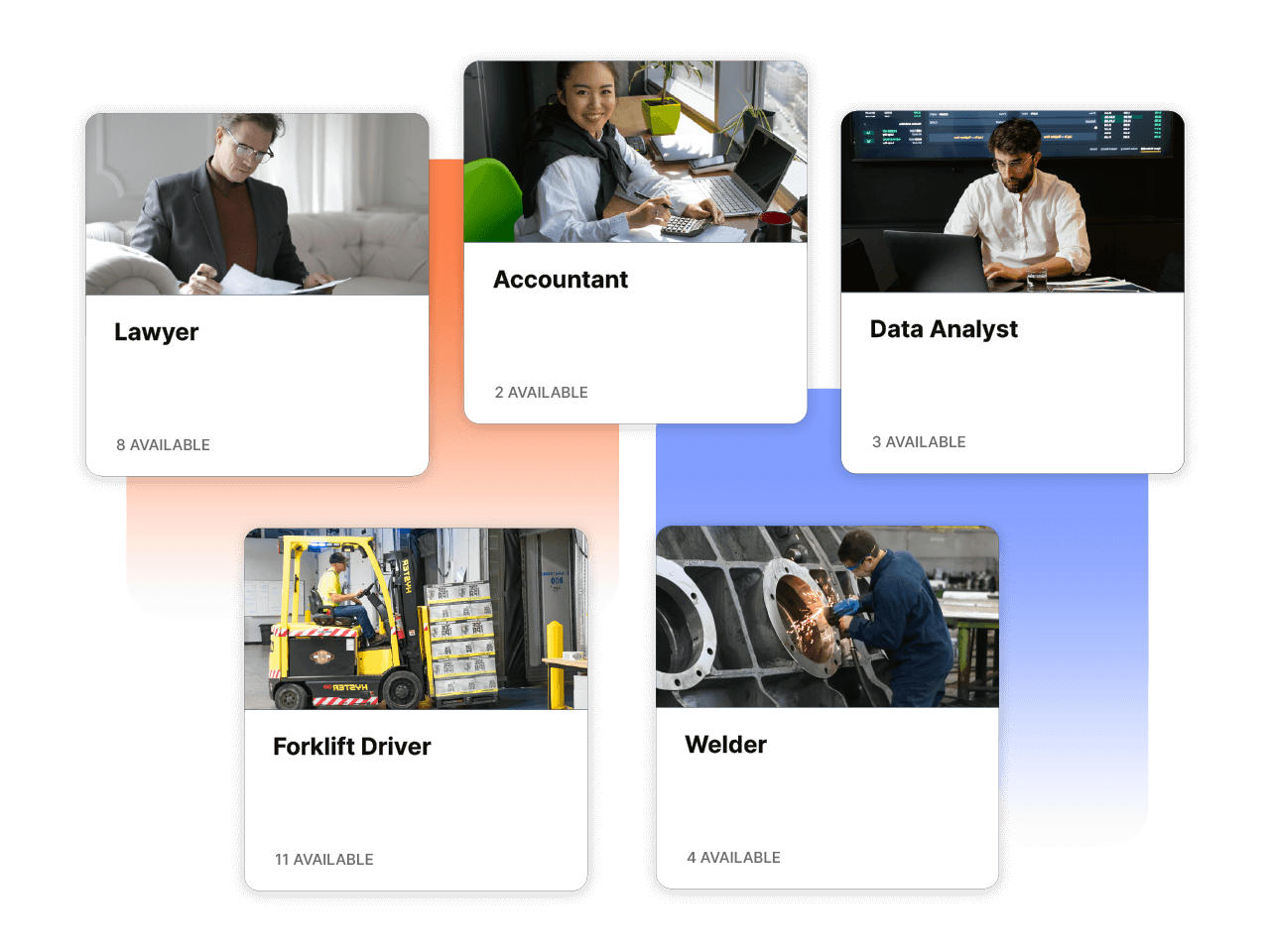
This is a common struggle for many high growth companies due to the language barriers, cultural differences and the complex, ever-changing employment laws. Look no further than our employer of record solution.
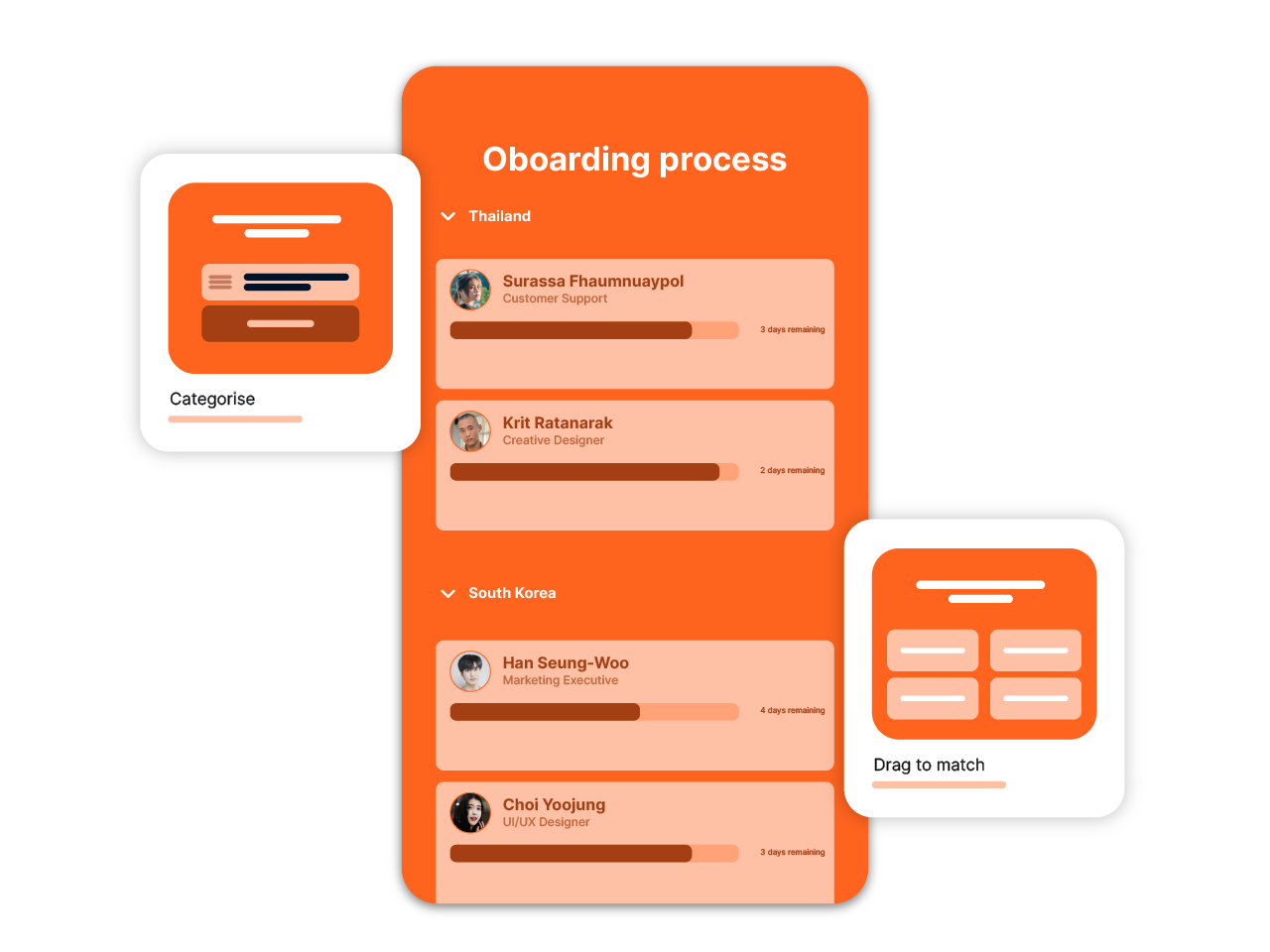
Sit back while focus on your core business while we take care of the rest.
Got a great business idea and looking to hire employees in Malaysia? AYP Group (AYP) has got your back! Our Malaysia EOR helps you hire employees quickly and efficiently, so you can focus on your business goals.
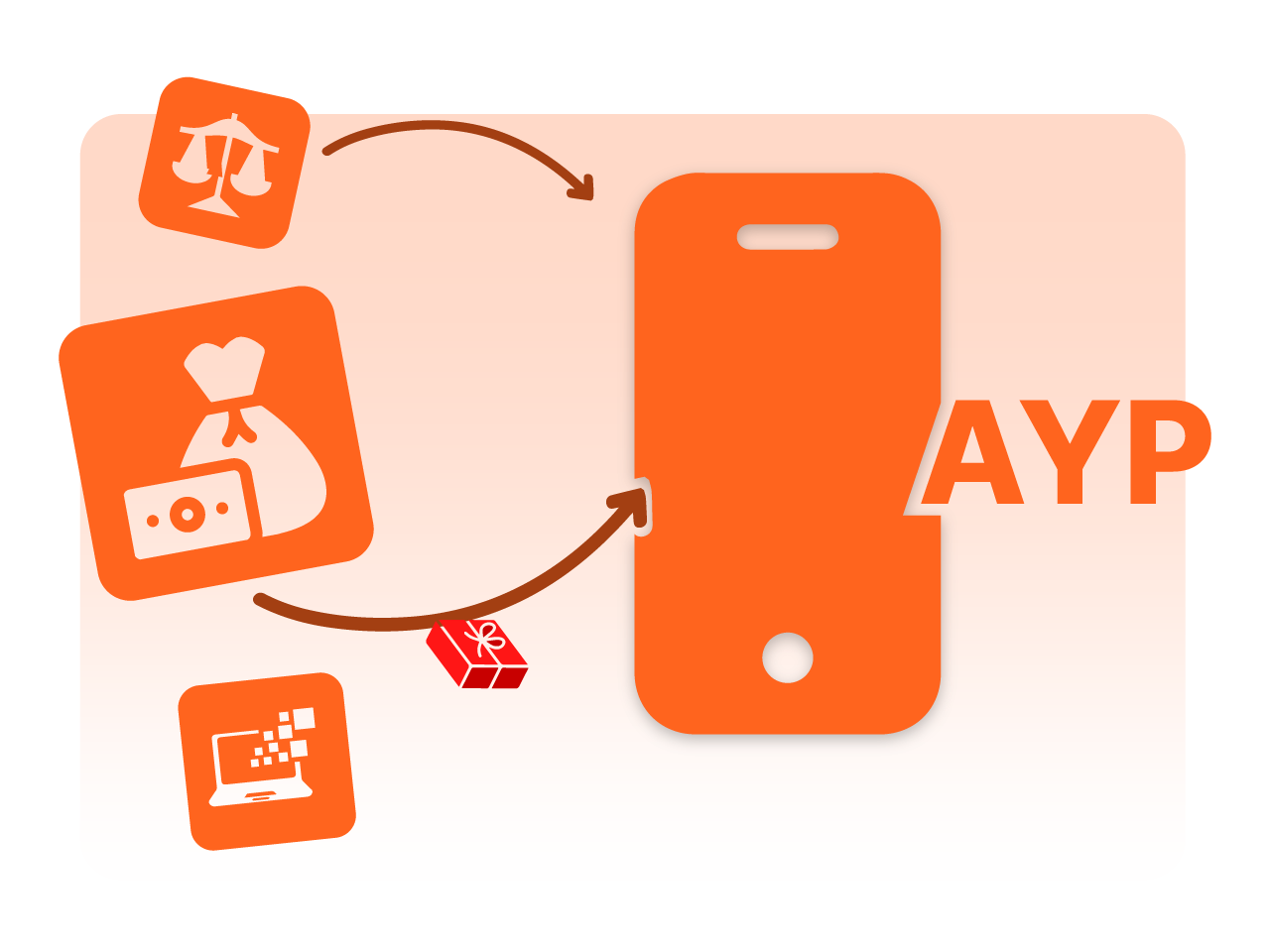
Forget about the lengthy and expensive process of setting up a legal entity – we’ll take care of all the HR, benefits, payroll, and tax needs for the employees.
Compliance with local employment laws
Reduced hiring time and cost
Minimized legal and financial risks
Dedicated HR support and expertise
Seamless onboarding and payroll management
Access to a wider talent pool
Our process is simple and efficient. First, we hire the employee on your behalf and become their official employer.
Then, we manage all legal and administrative tasks, including payroll, taxes, benefits, and compliance.
Finally, we work closely with you to ensure a smooth and successful onboarding process.
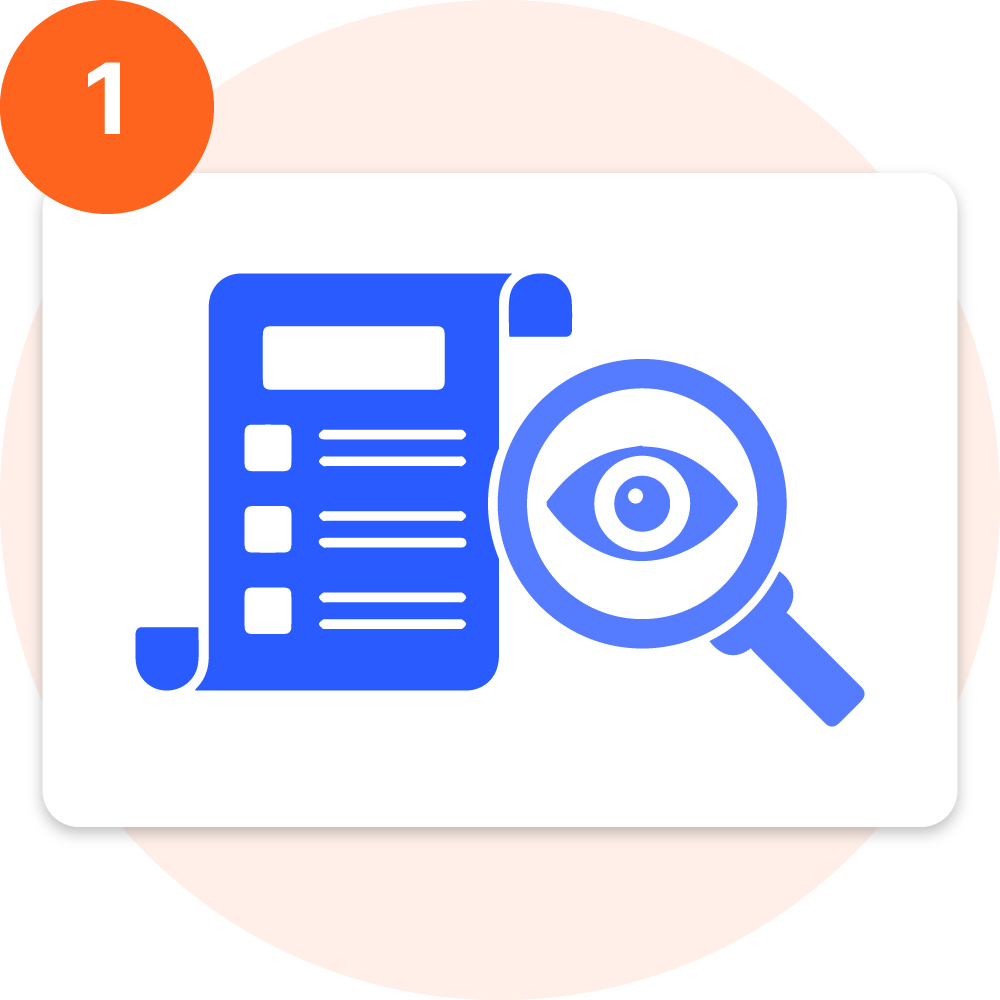
Our solution offers complete transparency in pricing, so you know exactly what you’re paying for and can manage your workforce costs more effectively.
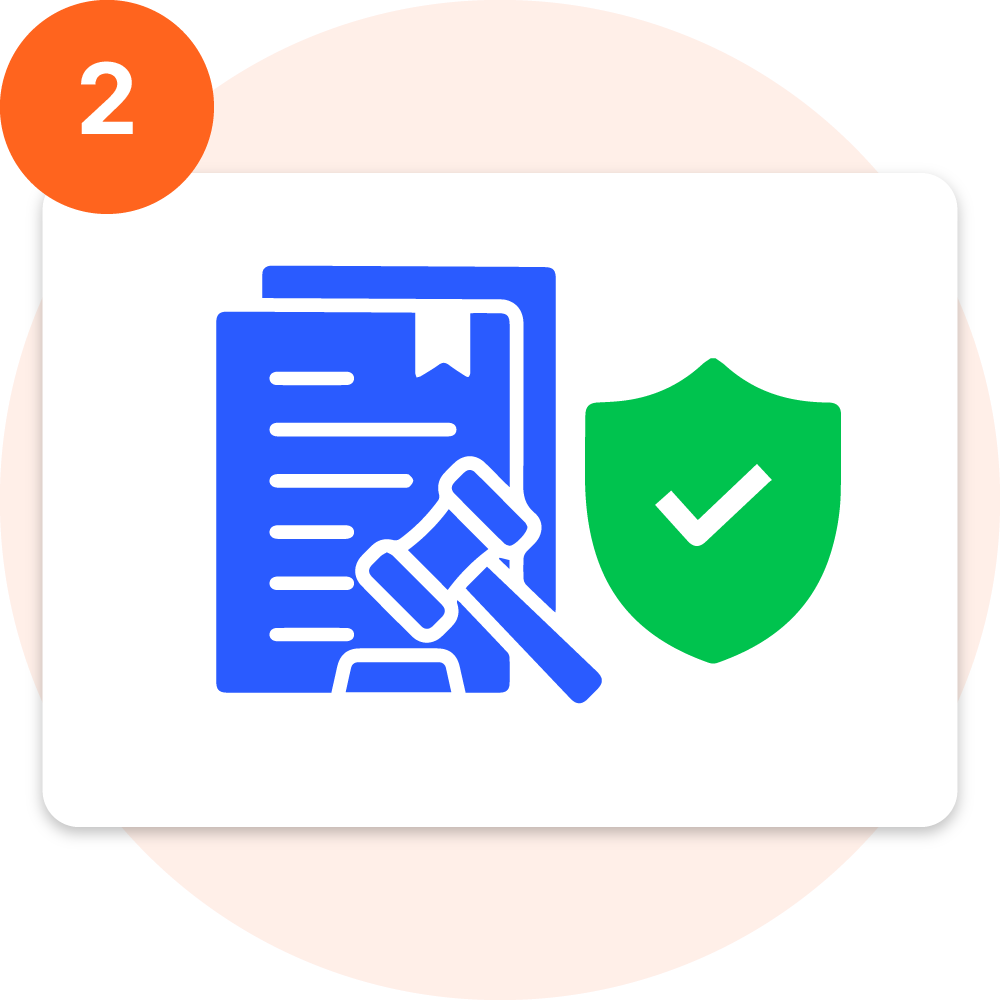
Our all-in-one compliance management system simplifies HR processes across jurisdictions, freeing up your time to focus on growing your business.

With our platform, you have access to local compliance experts who can guide you through the complexities of managing a distributed workforce, ensuring that you stay compliant with local laws and regulations.
Don’t let the complexities of employment laws in Malaysia slow down your business growth. Choose our employer of record solution and simplify your hiring process.
Malaysia is a Southeast Asian country located on the Malay Peninsula and the island of Borneo. Malaysia has a population of about 32 million people, and the country is ethnically diverse, with Malay, Chinese, and Indian being the largest ethnic groups. Islam is the official religion, but the country also has a significant number of Buddhist, Christian, and Hindu citizens.
Malaysia has a mixed economy, with a strong focus on exports, particularly of electronics, machinery, and petroleum products. The country is also a major producer of rubber and palm oil. Tourism is also an important contributor to the economy, with Malaysia being a popular destination for visitors from around the world.

Kuala Lumpur

MYR (Malaysian Ringgit)

Bahasa Malaysia

Federal parliamentary democracy

In Malaysia, there are several types of employment contracts that an employer can offer to an employee. These include:
It is important to note that employment contracts in Malaysia must be in writing and must be in accordance with Malaysian labor laws.

The standard working hours per week is 45 hours, with a maximum of 8 hours per day

In accordance with the law, these are some of the national holidays in Malaysia:
In Malaysia, employers are required to contribute to the following benefits for their employees:
Employers are required to contribute to the Social Security Organization (SOCSO), which provides protection for employees in the event of illness, injury, or death. The contribution rate is based on the employee’s salary and is typically shared equally between the employer and the employee
Employers are required to contribute to the Employees Provident Fund (EPF), which is a retirement savings scheme for private sector employees. The contribution rate is based on the employee’s salary and is typically shared equally between the employer and the employee.
Employers are required to provide medical insurance for their employees through the Private Retirement Scheme (PRS) or the Employee Insurance Scheme (EIS). The contribution rate for these schemes is based on the employee’s salary and is typically shared equally between the employer and the employee.
All employees are required to participate in the national pension plan, health insurance, and employment insurance programs. Employers and employees both contribute to the cost of these programs through payroll taxes.
| Cookie | Duration | Description |
|---|---|---|
| cookielawinfo-checkbox-analytics | 11 months | This cookie is set by GDPR Cookie Consent plugin. The cookie is used to store the user consent for the cookies in the category "Analytics". |
| cookielawinfo-checkbox-functional | 11 months | The cookie is set by GDPR cookie consent to record the user consent for the cookies in the category "Functional". |
| cookielawinfo-checkbox-necessary | 11 months | This cookie is set by GDPR Cookie Consent plugin. The cookies is used to store the user consent for the cookies in the category "Necessary". |
| cookielawinfo-checkbox-others | 11 months | This cookie is set by GDPR Cookie Consent plugin. The cookie is used to store the user consent for the cookies in the category "Other. |
| cookielawinfo-checkbox-performance | 11 months | This cookie is set by GDPR Cookie Consent plugin. The cookie is used to store the user consent for the cookies in the category "Performance". |
| viewed_cookie_policy | 11 months | The cookie is set by the GDPR Cookie Consent plugin and is used to store whether or not user has consented to the use of cookies. It does not store any personal data. |
